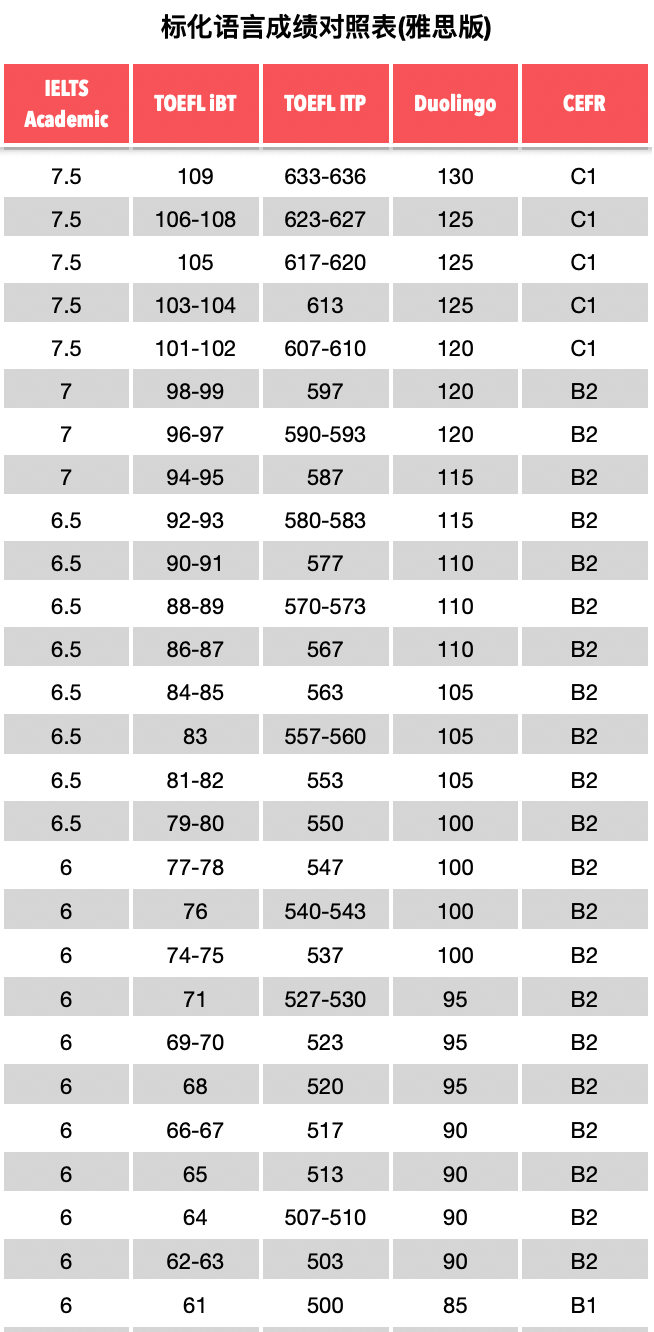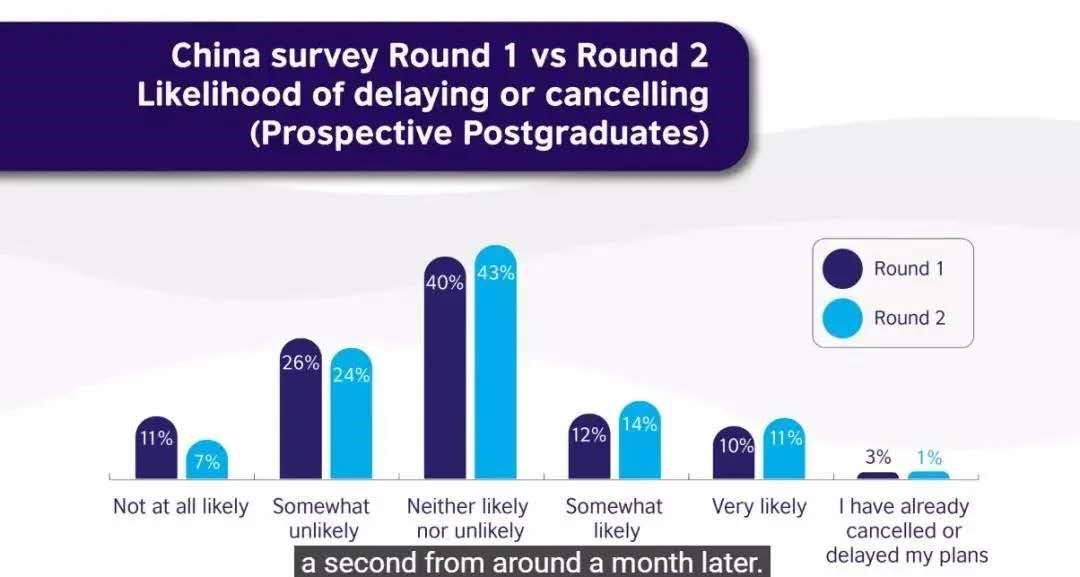托福听力资料要听几遍才有效果?反复听3遍才是理想选择。今天小编给大家带来了托福听力资料要听几遍才有效果,希望能够帮助到到大家,下面小编就和大家分享,来欣赏一下吧。
托福听力资料要听几遍才有效果?反复听3遍才是理想选择
托福听力备考第一遍听写大意
第一遍听的时候中间不要停下来,要把全文听完,并试着在本上做笔记,劲量把文章的大意听出来。即听完后问自己文章说了什么,至少要知道是哪个场景的。如果连这个问题都答不上来,就再听一遍,劲量听出来。
有些同学会觉得开始就这样做很难,但是要知道新托福听力就是只放一边就做题,在这中间也是要一边听一边记笔记。这种方法就是逼着自己适应这样的做题方法。
托福听力备考第二遍补充文章的框架
这是在第一遍听文章大意的基础之上在进行完善,补充,使笔记能够记下来文章的基本框架。即文章说了那几件事,有几个观点或者有什么类型的事务。这个就是要练习把握文章的主线和抓住文章的结构。记的笔记应该有文章的大致结构,可以看出文章讲了那几件事。
如果没有听出来就再听不断的听,全段的听,在前面记下内容的基础上不断的补充,直到对其主要内容差不多清楚了,记下的内容也差不多可以复述这段话了,就可以进入一句一句,停顿下来精听。这两个步骤,要全段的听,中间不要停。
托福听力备考第三遍以句为单位听
一句一句的听,在前面记下的内容上修改和补充,直到全篇精听完成。如果一些句子很长或者有很多场的单词表达了比较复杂的意思,课一分成几次听写完,但是注意在分不同几次时,每一次都要在表达完一个意思后再停,即要以意群来听写,不要再没有弄清楚讲什么的情况下就很不知所以然的把听到的内容写下来。
这样有助于把握句型,分析句式。一些听了很多遍也没有听出来的,暂时放一放,先把全文听出来,然后再对全文整理一篇,看主要内容,意思是不是出来了。再对难点重复听几遍,看是不是有所改善。
整个过程就是新托福听力备考能力提高的关键,因为,前面的听抄是你真实水平的体现,这样就能真正的发现新托福听力问题,然后再针对性的练习,提高。
托福听力练习对照文本
In the few minutes that remain of today's class, I'd like to discuss next week's schedule with you.
在今天课堂里剩下的几分钟时间里,我想和你们讨论讨论下周的时间安排。
Because I'm presenting a paper at a conference in Detroit on Thursday, I won't be here for either Wednesday's or Friday's class.
因为我周四要在Detroit的一个会议上介绍(提出)一篇论文,周三或周五的课我都将不会在这里。
I will, however, be here for Monday's. Next Friday, a week from today, is the midterm exam, marking the halfway point in the semester.
无论如何,我周一都将在这里。下周五,从今天往后一周,是期中考试,标志着一个学期的中间点。
Professor Andrews has agreed to administer the exam.
Andrews教授已经同意来管理考试(监考)。
In place of the usual Wednesday class, I've arranged an optional review session.
我已经安排了一个选择性(参加)的复习会,来代替平常的周三课程。
Since it is optional, attendance will not be taken; however, attending the class would be a good idea for those worried about the midterm.
以为是可选择的,(是否)出席将不会被(要求);无论怎样,参加课程对那些担心期中考试的(人来说)还是个好主意
So, remember: optional class next Wednesday; midterm, Friday.
所以,记住,下周三选修课;周五,期中考试。
托福听力练习对照文本
Today's lecture will center on prehistoric people of the Nevada desert.
今天的课将集中Nevada沙漠的史前人类。
Now, most of these prehistoric desert people moved across the countryside throughout the year.
现在(语气词),大多数那些史前的沙漠人类一年四季穿行在乡下
You might think that they were wandering aimlessly—far from it!
你能会认为他们在漫无目的的游荡——远非如此。
They actually followed a series of carefully planned moves.
他们事实上遵从着一系列详细计划的迁移。
Where they moved depended on where food was available—places where plants were ripening or fish were spawning.
他们迁移到什么地方取决于什么地方能得到食物——植物在成熟或者鱼在产卵的地方。
Now often when these people moved, they carried all their possessions on their backs, but if the journey was long, extra food and tools were sometimes stored in caves or beneath rocks.
经常当那些人搬迁时,他们在他们背上携带者他们所有的财产,但如果行程太长,多余的食物和工具有时会保存在山洞里或者岩石下
One of these caves is now an exciting archaeological site.
那些洞穴之一,现在是一个令人激动的考古遗迹。
Beyond its small opening is a huge underground grotto.
在它小小入口的远端,是一个巨大的地底洞穴。
Even though the cave's very large, it was certainly too dark and dusty for the travelers to live in, but it was a great place to hide things, and tremendous amounts of food supplies and artifacts have been found there.
尽管洞穴很大,对旅行者而言住在里面确实太黑和太脏(布满灰尘),但他是一个藏东西的很棒的地方,而且里面已经被发现了数量惊人的食品给养和史前古人工器物。
The food includes dried fish, seeds, and nuts.
食物包括鱼干,种子和坚果。
The artifacts include stone spear points and knives; the spear points are actually rather small.
史前器物包括了石头制成的枪尖和刀子;枪尖实际上相当小。
Here's a picture of some that were found. You can see their size in relation to the hands holding them.
这里有一些被发现(东西)的一张照片。你们能看到关于手持他们的尺寸(的对照)。
托福听力练习对照文本
To us, the environment in which fish dwell often seems cold, dark, and mysterious.
对我们来说,鱼类居住的环境通常显得冰冷,黑暗,而且神秘。
But there are advantages to living in water, and they have played an important role in making fish what they are.
但是生活在水中是有些优势的,并且他们(这些优势)扮演了一个重要的角色,使鱼之所以是鱼。
One is that water isn't subject to sudden temperature changes.
其一是水不会受制于温度的突变。
Therefore it makes an excellent habitat for a cold-blooded animal.
因此对于冷血动物来说它制造了一个优秀的生活环境。
Another advantage is the water's ability to easily support body weight.
另一个优势是水有轻易的支撑身体重量的能力
Protoplasm has approximately the same density as water, so a fish in water is almost weightless.
细胞质同水有着大致相同的密度,因此一条鱼在水中几乎是无重量的。
This "weightlessness" in turn means two things: One, a fish can get along with a light weight and simple bone structure, and two, limitations to a fish's size are practically removed.
这个“没有重量”依次意味着两件事:一,一条鱼可以同一个轻的体重以及简单的骨骼结构相处的很好,还有二,对一条鱼的大小限制几乎移除了。
Yet there is one basic difficulty to living in water—the fact that it's incompressible.
但是在水中生活还有一个基本的困难——它不能压缩的事实。
For a fish to move through water, it must actually shove it aside. Most can do this by wiggling back and forth in snakelike motion.
对于要穿过水中的一条鱼,实际上它必须从它的侧面推动。大多数做到这点是通过蛇一样的动作来回摆动。
The fish pushes water aside by the forward motion of its head, and with the curve of its body and its flexible tail.
鱼类通过它们头部向前的动作,身体的弯曲以及它的有弹性的尾巴把水推到一边。
Next, the water flows back along the fish's narrowing sides, closing in at the tail, and helping the fish propel itself forward.
接下来,水顺着鱼类变窄的两侧流回,在尾巴处合流,然后帮助鱼推行它们自己向前。
The fact that water is incompressible has literally shaped the development of fish.
水是不可压缩的事实,正确地塑造了鱼类的发展。
A flat and angular shape can be moved through water only with difficulty.
一个平直的和有角度的形状能穿过水中被移动,只是会很吃力。
And for this reason, fish have a basic shape that is beautifully adapted to deal with this peculiarity.
由于这个原因,鱼类有一个基本的能漂亮适应的外形去对付这种特性。
托福听力资料要听几遍才有效果
上一篇:托福听力考试怎样应对冷门陌生口音
下一篇:托福听力做笔记常见错误思路解读






